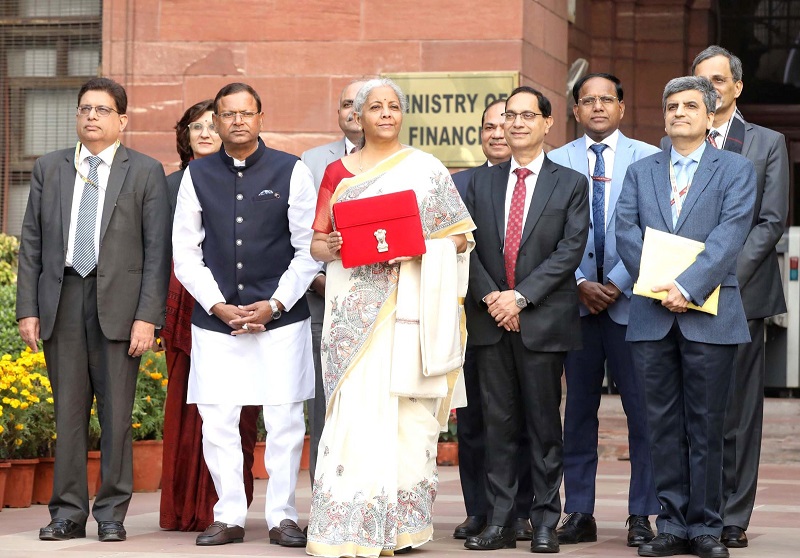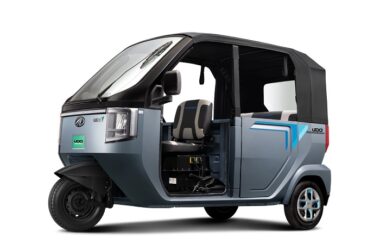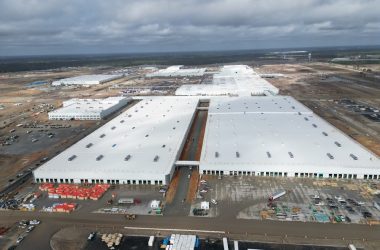New Delhi – In a landmark move aimed at boosting domestic manufacturing and accelerating India’s transition to clean mobility, the Union Budget 2025-26 unveiled sweeping measures to revamp the automotive sector and strengthen the lithium-ion battery ecosystem. Announced by Union Minister for Finance and Corporate Affairs Nirmala Sitharaman, the budget is set to fuel the “Make in India” initiative with significant incentives and strategic duty adjustments.

Key Measures to Boost Battery Production
A central focus of the budget is the promotion of domestic lithium-ion battery manufacturing. To this end, the government has:
- Exempted 35 additional capital goods for EV battery manufacturing from Basic Customs Duty (BCD).
- Exempted 28 additional capital goods for mobile phone battery manufacturing from BCD.
“These measures will significantly boost the local production of batteries, reduce our dependency on imports, and create new job opportunities for our youth,” the Finance Minister stated during her address in Parliament.
Strategic Raw Material Exemptions
In a bid to secure the availability of critical raw materials, the budget fully exempts a range of essential minerals from BCD, including:
- Cobalt powder and waste
- Lithium-ion battery scrap
- Lead, Zinc, and 12 other critical minerals
This move builds on the exemption of 25 critical minerals announced in the July 2024 budget, ensuring a steady supply of materials vital for both the automotive and battery sectors.
Correcting the Inverted Duty Structure
To further stimulate domestic manufacturing and rectify the existing inverted duty structure, the budget introduces key changes:
- Interactive Flat Panel Display (IFPD): BCD increased from 10% to 20%.
- Open Cells: BCD reduced to 5%, with parts of Open Cells now completely exempted.
These adjustments are designed to incentivize local production and help Indian manufacturers compete more effectively in the global market.
National Manufacturing Mission: A New Era for “Make in India”
The Union Budget 2025-26 also heralds the launch of a “National Manufacturing Mission” that will encompass small, medium, and large industries. This mission aims to provide:
- Comprehensive policy support.
- Detailed execution roadmaps.
- Robust governance and monitoring frameworks involving both central and state governments.
The mission will not only support clean tech manufacturing but also build the ecosystem for a wide range of advanced technologies, including solar PV cells, EV batteries, motors, controllers, electrolyzers, very high voltage transmission equipment, and grid-scale batteries.
Additional Incentives for Industrial Growth
Beyond the automotive and battery sectors, the budget extends support to other key industries:
- Shipbuilding: BCD on raw materials, components, consumables, and parts for shipbuilding is exempted for another ten years.
- Carrier Grade Ethernet Switches: BCD is reduced from 20% to 10% to align with non-carrier grade switches, promoting parity and competitiveness.
A Vision for a Self-Reliant Future
The Union Budget 2025-26 is a decisive step toward creating a self-reliant, innovative, and globally competitive industrial base. By easing duties on critical components and raw materials, the government is not only nurturing the growth of the EV and mobile battery sectors but also reinforcing its commitment to a cleaner, greener future.
As these reforms take shape, industry experts are optimistic that the integrated approach of duty rationalization, capital goods exemptions, and the National Manufacturing Mission will usher in a new era of manufacturing excellence, positioning India at the forefront of the global automotive and clean technology revolution.







